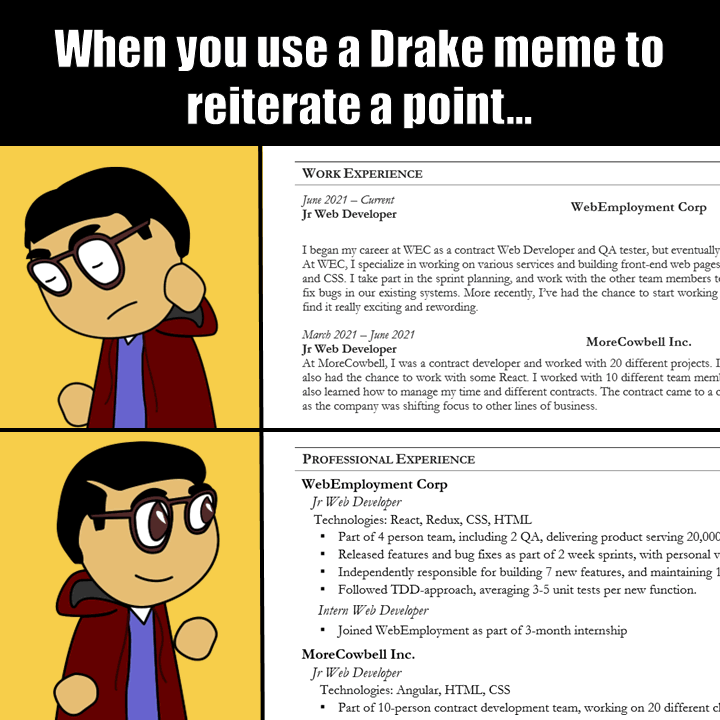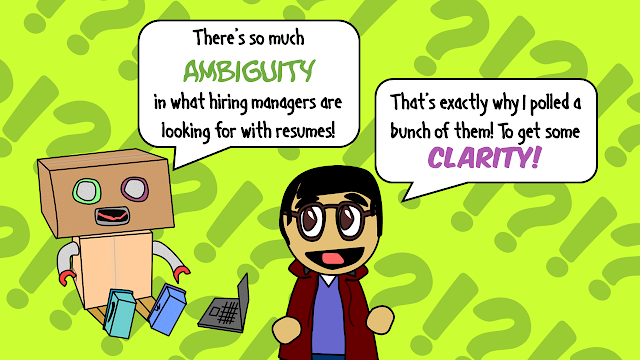Heartstorming vs Brainstorming
I learned a new term recently: Heartstorming.
If brainstorming is a logical process to solve problems, heartstorming is an approach centered around what motivates, inspires, & generates energy. It produces ideas that may seem less logical, data-driven, rationale or pragmatic. Instead, it's about exploring ideas you can't justify with numbers, but still feel important, feel "right." It's an opportunity to speak from the heart, or the gut, and to generate ideas you'd never share with others for fear of appearing soft, emotional, or simply because you can't easily put its value to words.
In his book, Start with Why, Simon Sinek writes about the difficulty of putting words to feelings. Different regions in our brains process emotions and language, making it hard to find the right words for what we feel deeply. The best "Whys" resonate with the emotional part of the brain. They makes us feel something. That's why Product Managers talk about "Delighters" and "Reverse Qualities" - things intrinsically tied to emotion.
To be clear: Brainstorming isn't bad, wrong, or misguided. It's grounded in what we can measure. Afterall, science is the best tool we have to understand our world - the physical, chemical, biological, and even the emotional. But all too often I hear people asking only for the data, focusing on the facts while ignoring the feelings. Given the choice, data-driven decisions makes sense. It's a cautious defense against decisions made purely on emotion.
But, the reality is, it's not a choice. Data and Feelings can (and should) go together. Despite all the science behind Voyager 1, there's a reason why Carl Sagan's 'Pale Blue Dot' hits us harder than if he just said "Look, there's Earth!" And Neil Armstrong didn't step on the moon and announce: "Mankind has progressed by 72%"
So, next time you've wrapped up your brainstorming, gotten all your data and done your analysis - take some time for heartstorming. Ask: 'Why does this matter?', 'Does this feel right?', 'How can this excite us?', 'Does it tug at the heart strings?' '50 years from now, will this still inspire?'





